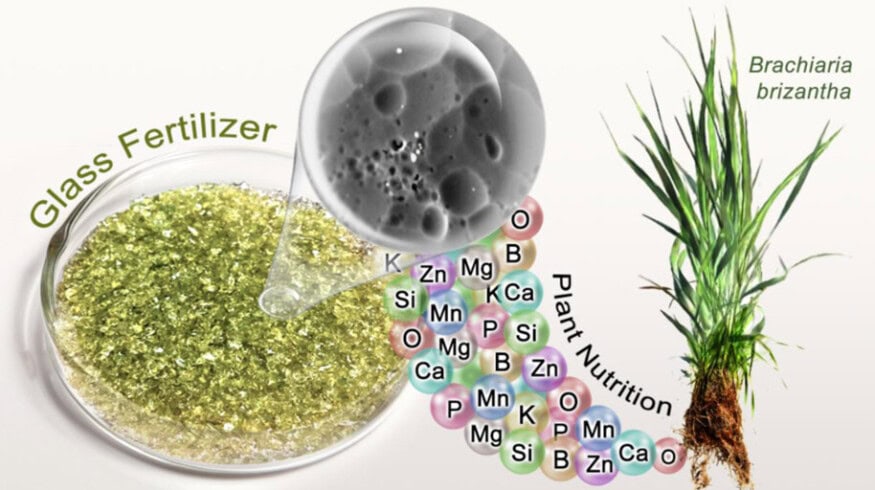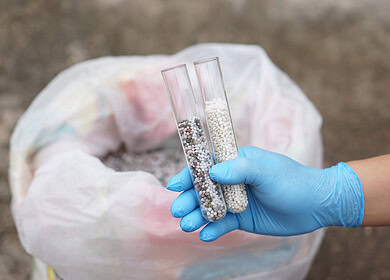Researchers demonstrated a nutrient delivery system based on glass fertilizer beads

Researchers have developed glass beads that serve as an environmentally friendly, sustained-release fertilizer, potentially offering a solution to the ecological issues caused by traditional agricultural fertilizers. According to a study, published in ACS Agricultural Science & Technology, these beads help control the release of nutrients, thereby reducing environmental contamination and enhancing soil fertility without the adverse effects associated with conventional fertilizers.
Danilo Manzani, a co-author of the study, stated, “Glass fertilizers can be tailored to plant needs, slowly and sustainably releasing nutrients to boost productivity without harming soil quality.” This innovation comes at a crucial time as the demand for fertilizers is projected to exceed 200 million metric tonnes globally, driven by the need to support an increasing global population and intensified agricultural practices.
The researchers, including Manzani and Eduardo Ferreira, synthesized a multicomponent glass consisting of vital nutrients like phosphorus, potassium, and calcium. They ground the glass into particles of various sizes and tested their solubility and nutrient release in water and soil-like conditions. The tests revealed that nutrients diffused steadily over time, suggesting an improved efficiency in nutrient delivery compared to traditional methods that often result in nutrient loss through leaching and emissions.
In practical applications, glass fertilizer beads sustained plant growth in soil tests with grass, showing promise for use in diverse agricultural settings. Additionally, tests on lettuce and onion seeds indicated no significant ecotoxicity, pointing to the beads’ safety and effectiveness.
This breakthrough could significantly mitigate the environmental impact of agricultural fertilizers by reducing the application frequency and preventing the leaching of chemicals into waterways, which can lead to issues such as toxic algal blooms.
Enjoyed this story?
Every Monday, our subscribers get their hands on a digest of the most trending agriculture news. You can join them too!















Discussion0 comments